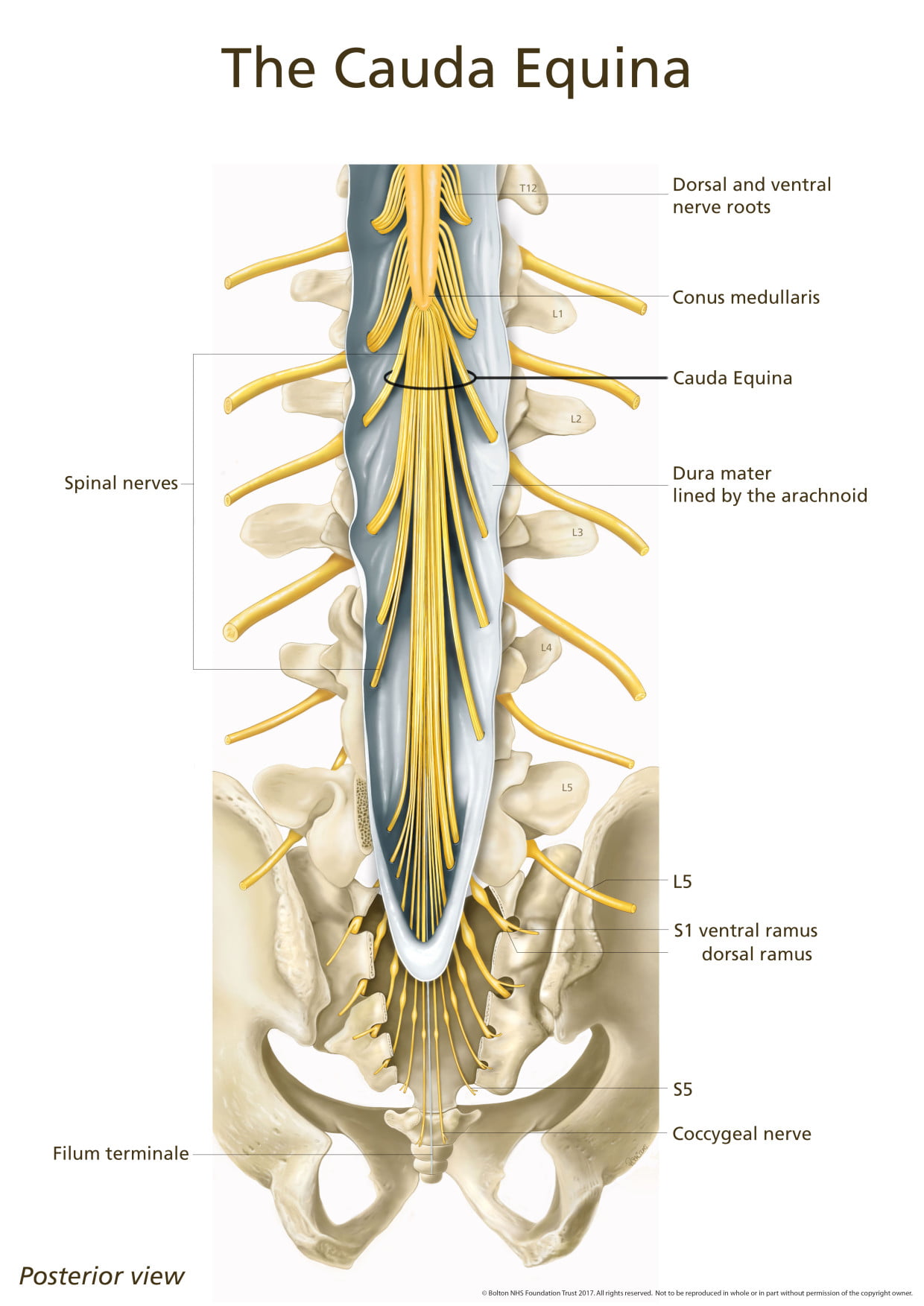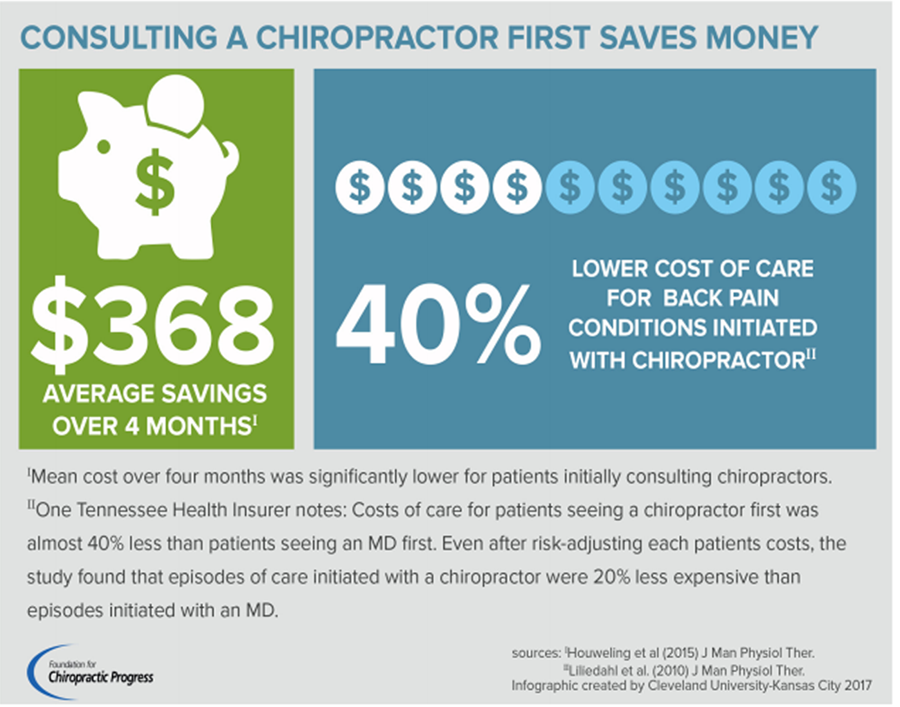A Path Analysis of the Effects of the Doctor-patient Encounter and Expectancy in an Open-label Randomized Trial of Spinal Manipulation for the Care of Low Back Pain
SOURCE: BMC Complement Altern Med. 2014 (Jan 13); 14: 16
Mitchell Haas, Darcy Vavrek, Moni B Neradilek, and
Nayak Polissar
Center for Outcomes Studies,
University of Western States,
2900 NE 132nd Ave,
Portland, OR, USA.
BACKGROUND: The doctor-patient encounter (DPE) and associated patient expectations are potential confounders in open-label randomized trials of treatment efficacy. It is therefore important to evaluate the effects of the DPE on study outcomes.
METHODS: Four hundred participants with chronic low back pain (LBP) were randomized to four dose groups: 0, 6, 12, or 18 sessions of spinal manipulation from a chiropractor. Participants were treated three times per week for six weeks. They received light massage control at visits when manipulation was not scheduled. Treating chiropractors were instructed to have equal enthusiasm for both interventions. A path analysis was conducted to determine the effects of dose, patient expectations of treatment success, and DPE on LBP intensity (100-point scale) at the end of care (6 weeks) and primary endpoint (12 weeks). Direct, indirect, and total standardized effects (βtotal) were computed. Expectations and DPE were evaluated on Likert scales. The DPE was assessed as patient-rated perception of chiropractor enthusiasm, confidence, comfort with care, and time spent.
RESULTS: The DPE was successfully balanced across groups, as were baseline expectations. The principal finding was that the magnitude of the effects of DPE on LBP at 6 and 12 weeks (|β|total = 0.22 and 0.15, p < .05) were comparable to the effects of dose of manipulation at those times (|β|total = 0.11 and 0.12, p < .05). In addition, baseline expectations had no notable effect on follow-up LBP. Subsequent expectations were affected by LBP, DPE, and dose (p < .05).
There are more articles like this @ our:
CONCLUSIONS: The DPE can have a relatively important effect on outcomes in open-label randomized trials of treatment efficacy. Therefore, attempts should be made to balance the DPE across treatment groups and report degree of success in study publications. We balanced the DPE across groups with minimal training of treatment providers.
TRIAL REGISTRATION: ClinicalTrials.gov NCT00376350
From the FULL TEXT Article:
Background
The therapeutic effects of care are complex and not limited to the consequences of a specific intervention. [1] Hence, nonspecific effects of care clearly need to be addressed in the design of randomized trials. Patient response expectancy can be an important contributor to the treatment effect. [2, 3] Provider enthusiasm during the treatment visit can also have a positive effect on outcomes. [4]
Four trials and a nonrandomized comparison study of care for low back pain (LBP) have reported the effects of baseline expectation of treatment success on functional disability with mixed results. For acute LBP, general expectancy of success, but not expectation of specific treatments’ success, was observed to be a determinant in a choice trial that included chiropractic as an option. [5] The nonrandomized study found important and comparable effects of expectation for both manual and mechanical spinal manipulation techniques by chiropractors. [6] For chronic LBP, expectation of success in the treatment that the participant received was an important determinant of outcomes in a comparison of acupuncture and massage. [7] Expectancy also affected outcomes in a trial comparing physical therapy, cognitive-behavioral therapy and combination of the two. [8] In contrast, expectation of success did not affect outcomes in a more recent trial comparing acupuncture, sham acupuncture, and medical care. [9] For pain outcomes, the nonrandomized study on acute LBP found no effect of expectation, in juxtaposition to the effect on functional disability. [6] None of these studies looked at the influence of evolving expectations over time, as well as the effect of doctor-patient encounter (DPE) on outcomes.
Read the rest of this Full Text article now!





Leave A Comment